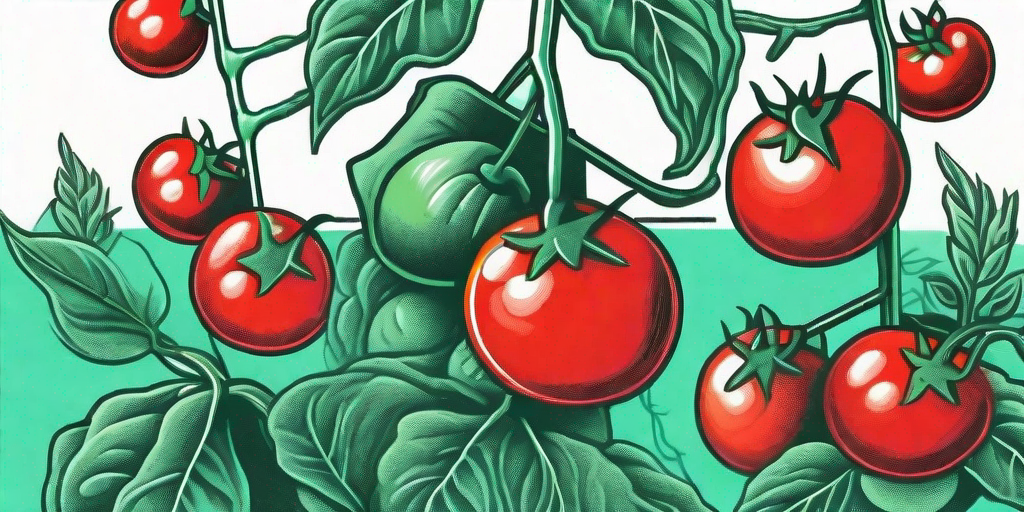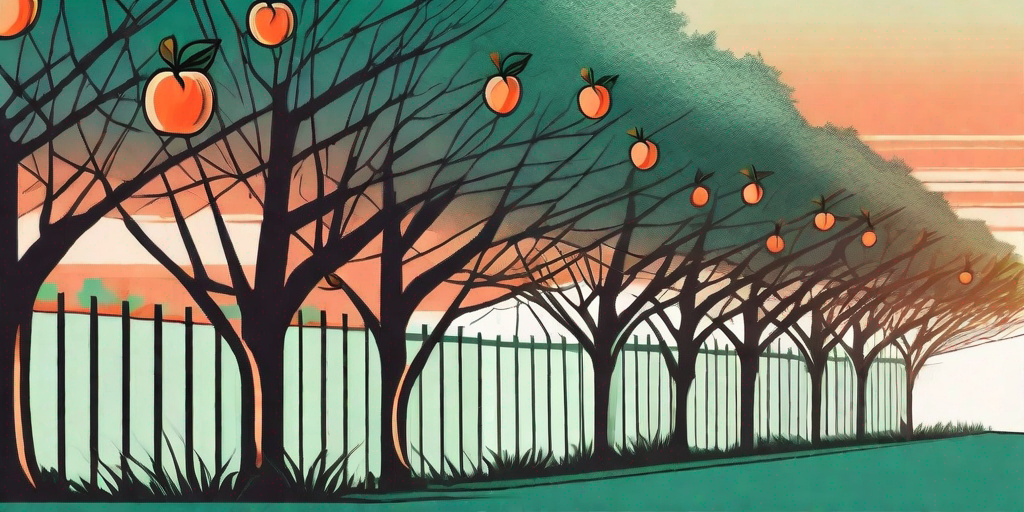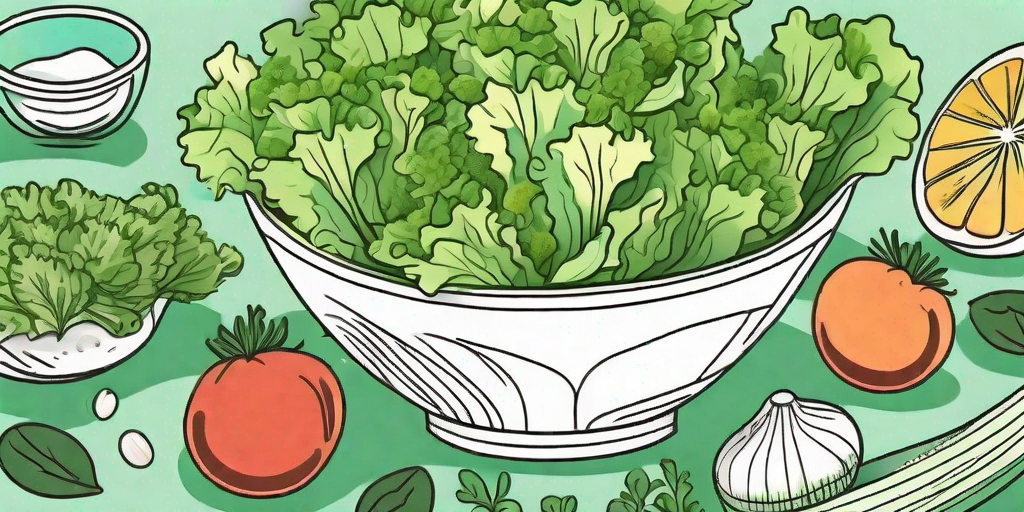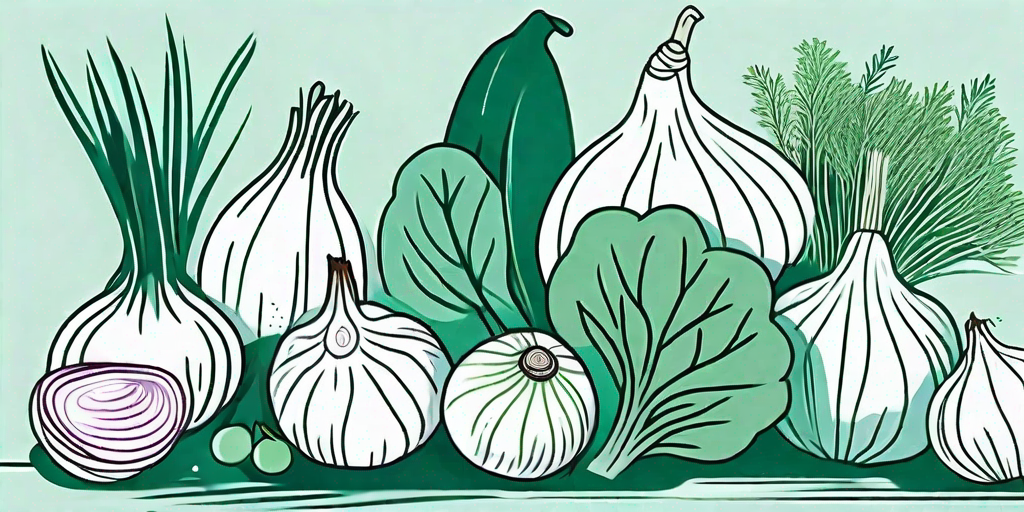
Tomatoes, the red, juicy, and versatile fruits of the garden, are a favorite among many gardeners. But, if you've ever tried to grow them, you know that getting them to pop with flavor and color can be a bit of a challenge. Fear not, dear reader, because we're about to spill the beans (or should we say, the compost?) on the top fertilizers of the year that will make your tomatoes the envy of the neighborhood.
The Importance of Fertilizer for Tomatoes
Before we dive into the nitty-gritty of the top fertilizers, let's take a moment to understand why fertilizer is so important for tomatoes. Tomatoes are heavy feeders, meaning they require a lot of nutrients to grow and produce fruit. Without proper nutrition, your tomatoes may end up looking more like sad, shriveled raisins than the plump, juicy fruits you were hoping for.
Fertilizer provides the nutrients that tomatoes need to grow. It's like a multi-vitamin for your plants, providing them with the essential nutrients they need to grow, thrive, and produce bountiful harvests. So, if you want your tomatoes to pop, you need to feed them well.
Top Fertilizers of the Year
Now that we've established the importance of fertilizer, let's get down to business. Here are the top fertilizers of the year that will make your tomatoes pop.
Before we begin, remember that different fertilizers provide different nutrients. So, you'll want to choose a fertilizer that provides the nutrients your tomatoes need. Don't worry, we'll guide you through it.
1. Organic Compost
Organic compost is the black gold of the gardening world. It's rich in nutrients, improves soil structure, and promotes healthy root growth. Plus, it's environmentally friendly and can be made at home from kitchen scraps and yard waste. Talk about a win-win!
For tomatoes, look for compost that's rich in nitrogen, phosphorus, and potassium. These are the three primary nutrients that tomatoes need to grow and produce fruit.
2. Bone Meal
Bone meal is a slow-release fertilizer that's rich in phosphorus, a nutrient that's essential for fruit production. It's made from ground-up animal bones (don't worry, it's not as gruesome as it sounds) and is a great choice for tomatoes.
Just be sure to apply it early in the season, as it takes time for the nutrients to become available to the plants.
3. Fish Emulsion
Fish emulsion is a liquid fertilizer that's made from, you guessed it, fish. It's high in nitrogen, which promotes leafy growth, and is easily absorbed by plants. Plus, it's organic and sustainable.
Just be warned, it can be a bit smelly. But, your tomatoes will love it, and that's what matters, right?
How to Apply Fertilizer to Tomatoes
Applying fertilizer to tomatoes is a bit like cooking. You need to get the ingredients (or in this case, the nutrients) just right. Too much or too little can lead to problems, so it's important to follow the recommended application rates.
Generally, you'll want to apply fertilizer at planting time and again when the plants start to set fruit. But, the exact timing and amount will depend on the type of fertilizer you're using.
For Organic Compost
Apply a 2- to 3-inch layer of compost around the base of the plants, being careful not to let it touch the stems. Then, water well to help the nutrients seep into the soil.
For Bone Meal
Mix the bone meal into the soil at planting time, following the package instructions for the correct amount. Then, water well.
For Fish Emulsion
Apply the fish emulsion as a foliar spray, meaning you spray it directly onto the leaves. Follow the package instructions for the correct dilution rate and application frequency.
Frequently Asked Questions
Still got questions? Don't worry, we've got answers. Here are some of the most frequently asked questions about fertilizing tomatoes.
Can I over-fertilize my tomatoes?
Yes, over-fertilizing can be just as harmful as under-fertilizing. Too much fertilizer can lead to excessive leafy growth at the expense of fruit production, or even burn the plants. Always follow the package instructions for the correct application rate.
Can I use a combination of these fertilizers?
Absolutely! In fact, using a combination of different fertilizers can provide a more balanced nutrient profile for your tomatoes. Just be sure to adjust the application rates accordingly to avoid over-fertilizing.
When should I stop fertilizing my tomatoes?
Generally, you should stop fertilizing once the plants start to produce fruit. At this point, they need less nitrogen (which promotes leafy growth) and more phosphorus and potassium (which promote fruit production).
Conclusion
So there you have it, the top fertilizers of the year to make your tomatoes pop. Remember, a well-fed tomato is a happy tomato. So, feed them well, and they'll reward you with a bountiful harvest of juicy, flavorful fruits. Happy gardening!











